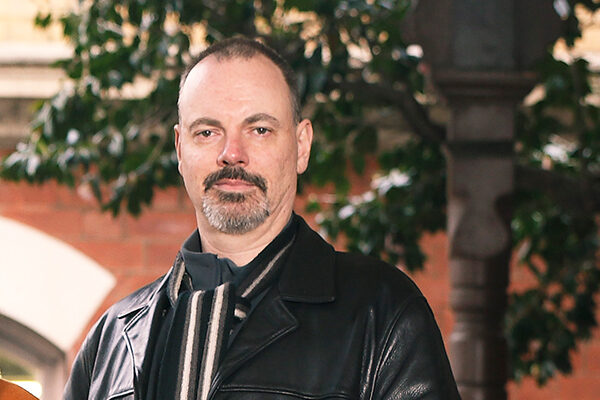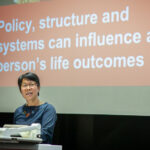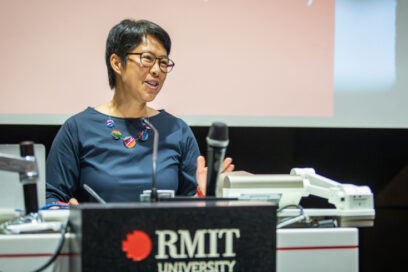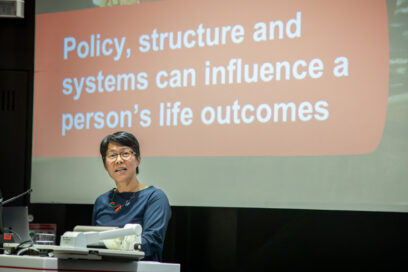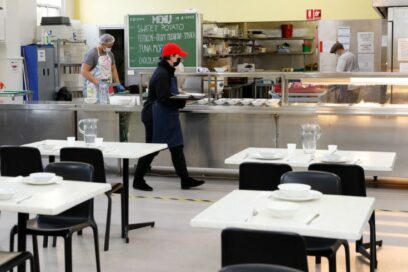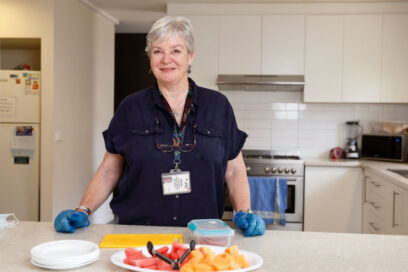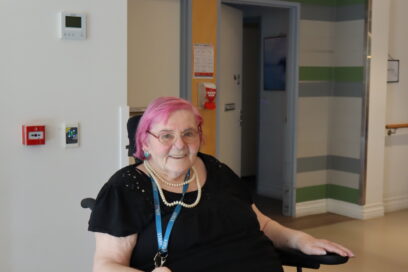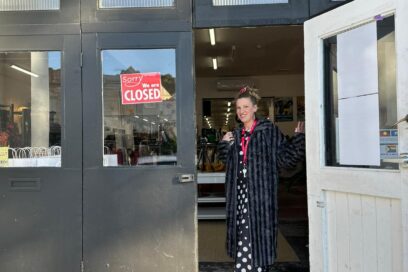Our engagement hub model allows our highly-skilled staff to gradually establish trust with people over time and work in an informal manner that is less threatening, builds connection, and supports recovery.
People come to us in large numbers because we provide an informal place where they feel safe and have a sense of belonging. They can meet others, have a shower, use the phone and get advice. Workers keep track of accommodation waiting lists and locate people in our engagement hub when vacancies arise.
Some people who come only need basic support. Others need a range of supports wrapped around them to assist them with substance use, a chronic illness, applying for accommodation and attending appointments. Case workers stick with the client until all issues are addressed. We call this commitment ‘assertive engagement’.
Ending homelessness is a lot more than providing a roof over someone’s head. It’s about creating a sense of welcome, building trust, and sticking with people along the way, to not only access housing but develop the skills to maintain their homes and feel socially included.
It can take a lot for a person to ask for help. Our engagement hub and skilled staff create a unique environment where people can take action and make important and lasting changes in their lives.
We have two engagement hubs, where people can access from Sacred Heart Mission, both located in St Kilda. Our Dining Hall, often referred to as the heart of the Mission, is open every day of the year for breakfast and lunch for anyone seeking a meal. Our Women’s House also provides breakfast and lunch on weekdays within a safe and welcoming space for women.
The work we do at our engagement hubs is just one way we at SHM are working to end homelessness.


